Ruto Hosts Uhuru, Mnangagwa at State House
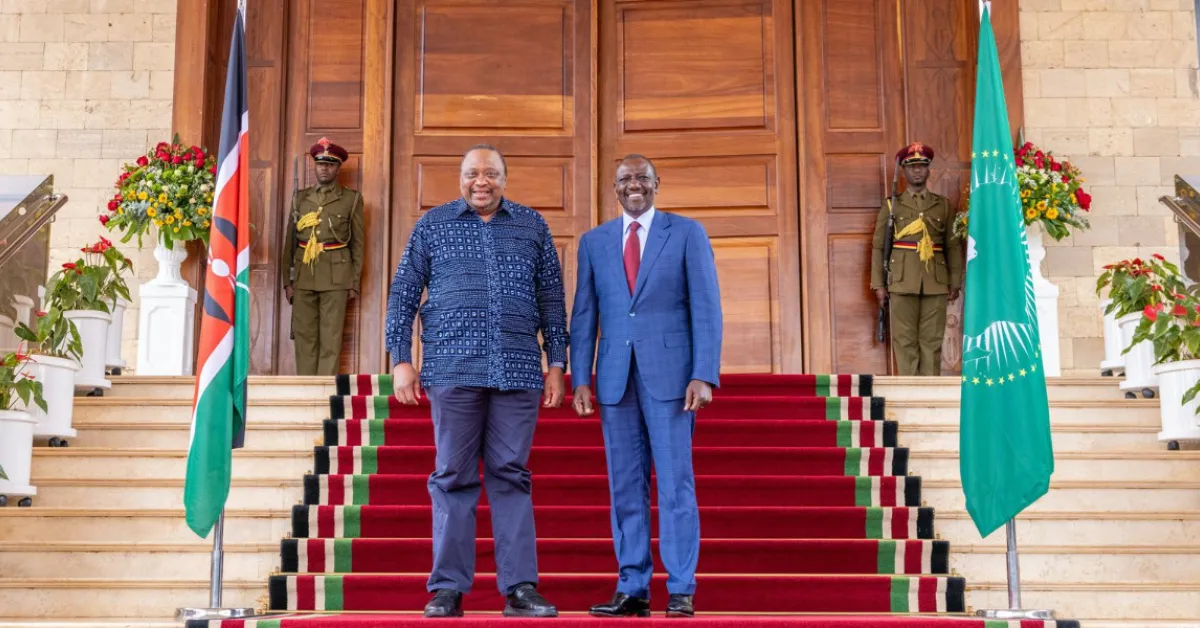
President William Ruto and former President Uhuru Kenyatta convened at State House, Nairobi, on Friday, in a display of unity aimed at bolstering regional efforts to achieve peace in the Democratic Republic of Congo (DRC).
The meeting, which centred on assessing the progress of the DRC peace process, brought together co-chairs of the East African Community (EAC) and the Southern African Development Community (SADC), alongside other key regional leaders and peace facilitators. The symbolic reunion of the current and former heads of state occurs nearly eight months after their last documented meeting on 9 December 2024, at Ichaweri, Gatundu.
That earlier encounter, described by State House as a courtesy call, was notable for its cordial atmosphere, particularly in light of the political tensions that have characterised their relationship since the 2022 General Election. Friday’s meeting, however, assumes broader regional significance, with both leaders actively participating in high-level deliberations aimed at stabilising the DRC. President Emmerson Mnangagwa of Zimbabwe, the SADC chair, and African Union Commission Chairperson Mahamoud Ali Youssouf were among those in attendance.
Former Presidents Catherine Samba-Panza of the Central African Republic, Sahle-Work Zewde of Ethiopia, and Mokgweetsi Masisi of Botswana also participated. Former Nigerian President Olusegun Obasanjo contributed virtually, adding further weight to the panel of facilitators tasked with guiding the DRC peace initiative.
Uhuru Kenyatta, serving as the African Union-Kenya Peace Envoy and Facilitator of the EAC-led Nairobi Peace Process, continues to be instrumental in regional diplomacy.
His presence at State House highlights not only his enduring relevance in continental affairs but also President Ruto’s apparent commitment to institutional continuity, even amidst past political discord. The relationship between Ruto and Uhuru has been marked by both rivalry and respect. Their political fallout ahead of the 2022 elections was widely publicised, with Kenyatta endorsing opposition leader Raila Odinga over his then-deputy, Ruto.
This endorsement led to a highly charged campaign season, culminating in Ruto’s electoral victory and subsequent ascension to the presidency. Despite the bitterness, Ruto swiftly appointed Uhuru as peace envoy, a move that surprised many observers and signalled a pragmatic approach to governance.
In an interview with Al Jazeera in September 2022, Ruto defended his decision to retain Uhuru in the mediation role, saying, "I'm the President of Kenya, I'm the big brother now and it's in my place to work with him.” He further emphasised the importance of national unity, adding, “I will not allow negative energy to be built around our country. It was a competition and President Kenyatta had a candidate, his candidate did not win, I beat his candidate. That's a democratic process.”
This ethos of reconciliation and cooperation has emerged as a recurring theme in Ruto’s leadership. During a rally in Wajir shortly after the December 2024 meeting with Uhuru, Ruto reiterated the need for bridge-building among political leaders.
“As leaders, we must continually build bridges instead of creating barriers at a time the country needs collective input to address its challenges,” he said.


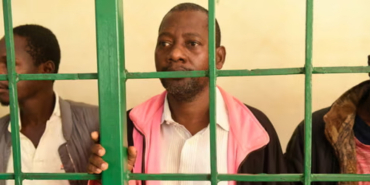
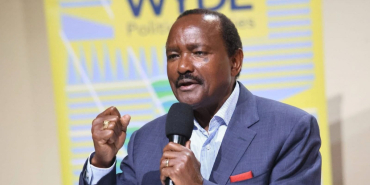
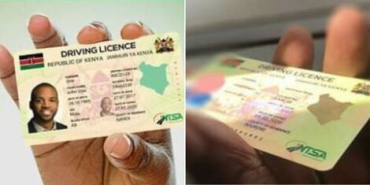
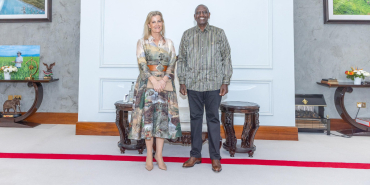
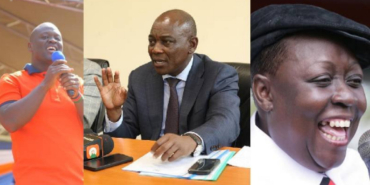
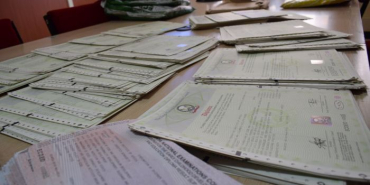
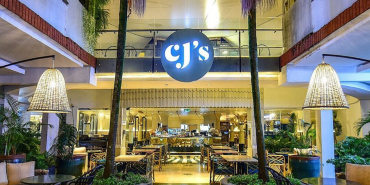
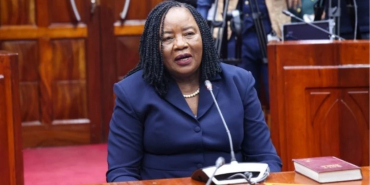

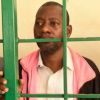
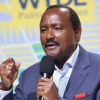

Add new comment